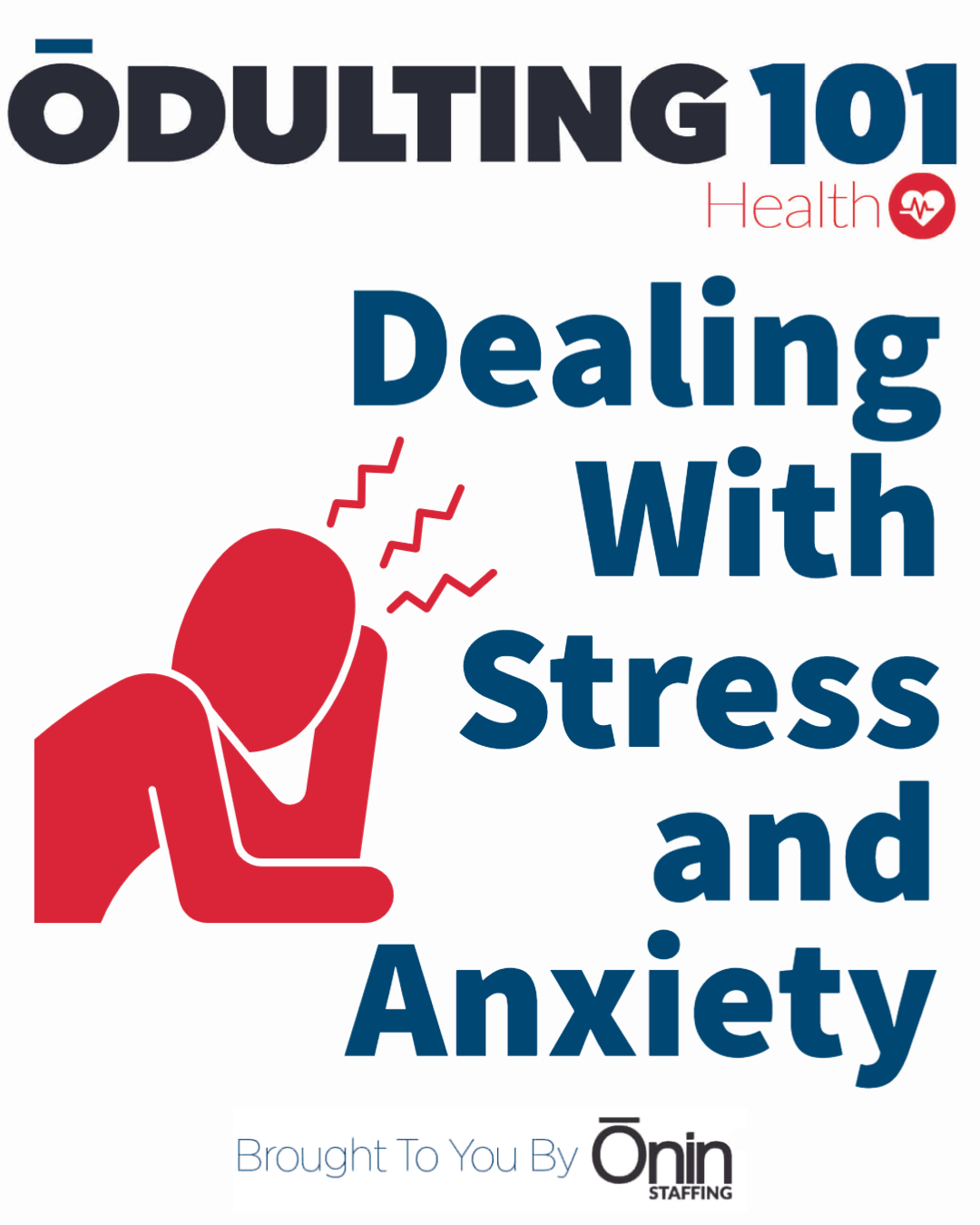If you’re feeling overwhelmed or anxious about work, you aren’t alone. Fortunately, there are science-backed strategies that can help you de-stress and deal with your anxiety in the workplace. We’ll look at four of them today, so that when work gets tough, you have some practical tools to turn to.
1. Exercise Regularly
Exercise is one of the most reliable ways to reduce stress and anxiety. It increases endorphins in the brain which improve mood and promote relaxation. Furthermore, exercise can be done for free or for very little money, depending on what type of activities you choose. You don’t need a gym membership or fancy equipment—just get outside and move around for 30 minutes a day!
2. Eat Well
Eating well is another important way to reduce stress and anxiety levels. When we eat unhealthy foods like processed snacks or sugary treats, our blood sugar levels spike then crash—leading to fatigue and mood swings. On the other hand, eating healthy foods such as fruits and vegetables will provide your body with the nutrients it needs to stay energized throughout the day. Additionally, make sure you drink plenty of water—dehydration can lead to feelings of irritability and stress.
3. Practice Mindfulness
Mindfulness is a practice that involves focusing on being present in the moment instead of worrying about the future or dwelling on the past. It helps us cultivate awareness of our thoughts and feelings so that we can start to recognize when they become too overwhelming in order to better regulate them. There are many different mindfulness techniques you can use including meditation, yoga, guided imagery, etc., but all involve taking time out of your day for self-care and reflection.
4. Identify Your Stressors
This technique is all about being aware of what triggers your stress or anxiety so that you can take steps to manage it more effectively next time it arises. For example, if sitting in meetings makes you feel anxious then try doing some deep breathing exercises before each meeting begins or speak up earlier if something is making you uncomfortable during a discussion (this will also help build confidence!). By recognizing what your stressors are early on, it becomes easier to prevent them from spiraling into major issues later down the line!
5. Take Short Breaks During the Day
Brief “micro-breaks” during work hours help reduce stress and improve productivity. Taking short walks or even just using a few minutes of your lunch break to stretch or meditate can go a long way towards managing stress levels throughout the day. This is something you have control over, so make sure you take advantage of it!
6. Speak Up for Yourself
It’s important to speak up for yourself when dealing with stressful situations at work. Don’t be afraid to ask for help or set boundaries when needed. Learning how to communicate effectively with others will give you more influence over the situation too, helping you feel more in control when facing difficult challenges on the job.
7. Practice Gratitude
Research has found that expressing gratitude is one of the most effective ways of dealing with anxiety at work. Writing down three things each day that you are grateful for can reduce stress hormones and increase happiness levels significantly–and who doesn’t want that? Keeping a gratitude journal also helps remind us of our goals and purpose as we navigate through our stressful days on the job
8. Avoid Multitasking
Multitasking may seem like an efficient way to manage multiple tasks, but research suggests it actually decreases productivity while increasing stress levels significantly! Taking time to focus on one task at a time rather than trying to do everything all at once will help keep your stress levels low while ensuring quality results in all areas of your job performance!
Work doesn’t have to be stressful if we take proactive steps towards managing our anxieties and destressing ourselves as we go along our journey every day! Remember, there are things we have control over, things we can influence, and some things that just aren’t within our power – but by following these four tips backed by science, you will find yourself better equipped in dealing with any challenge life throws your way!


Recent Comments